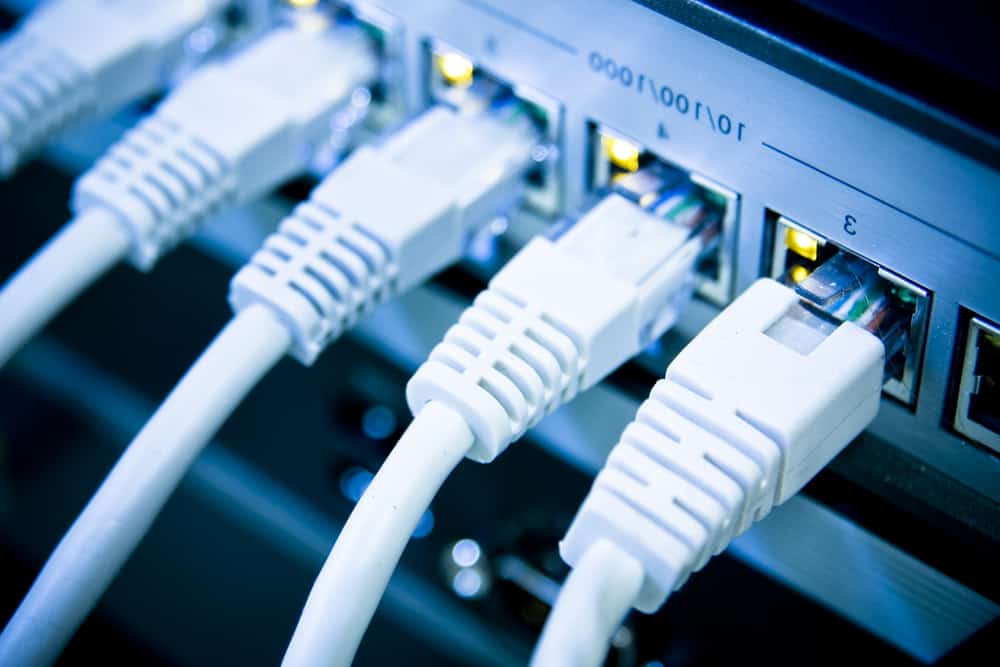
A VPN boosts privacy by encrypting your online traffic, which safeguards you from potential threats. If you’re a security-conscious user, you’re likely already aware of the importance of protecting yourself on public Wi-Fi networks. However, you may not realize that a VPN can preserve the privacy of a home network. To get maximum benefit from a VPN, you should understand its capabilities and limitations. Here are some benefits that may be useful to you.
1. Enhanced online security and privacy
In general, you can rest assured that your home networks are secure. It is highly improbable that a malicious individual would break in, replace your router, and patiently wait for valuable information. First of all, that requires too much effort. Secondly, attackers need multiple successful hits to make an attack worthwhile. They aim to gather as much information as possible from numerous victims. Unless you reside above an airport, there is unlikely to be enough traffic in your home to warrant an attack.
That being said, there are still cyber threats to consider when using your home network. The main concern is the internet service provider (ISP) that grants you access to the web. The US Congress has authorized ISPs to sell user-exclusive content and online activity information to interested parties. Although ISPs claim this data is anonymized, the concept is disconcerting.
It’s not just ISPs who are interested in your online activities. A VPN service can significantly impede external observers, such as advertisers, from correlating your online traffic with your identity. However, keep in mind that there are numerous other methods of online tracking, and a VPN cannot safeguard against all of them. A determined and well-funded attacker will likely achieve their objective given sufficient time. But for most online privacy needs and protecting your IP address, a VPN will suffice.
2. Access to geo-restricted content
Most people probably aren’t concerned about the privacy advantages of a VPN. Their primary interest lies in streaming online videos. It may seem strange given the negative impact VPNs can have on upload and download Internet speed, but it’s understandable.
Not all streaming services offer the same content worldwide. Each service has agreements that restrict the availability of certain shows and music to specific regions. For instance, subscribers in the US may have access to different shows and movies compared to those in the UK.
This is where VPNs come into play. By connecting to a remote server through your VPN, you can bypass content restrictions in your home country. This is particularly useful for sports fans looking for matches or commentary that’s not accessible locally. For example, you can easily unblock ESPN 3 and get good streaming quality. Love online gaming or TV shows on streaming platforms? Not a problem, a VPN can not only bypass content restrictions, but also provide encryption, protection against hacking, and security when using public Wi-Fi or online identity. You should also understand that geo-blocking is getting smarter and many services can detect VPNs, only the best providers can cheat Netflix. One of these is VeePN.

3. Anonymity and data privacy
The fact that Congress permits internet service providers to commercially sell anonymized customer data serves as a significant driving force behind VPN usage. That is why we strongly recommend keeping your VPN app active as frequently as possible, even when at home. It is important to note, however, that we also advise deactivating it whenever necessary, such as when casting content to your TV.
4. Remote access and secure connections
If you use remote network access, then you need data protection. You will also experience VPN benefits with file sharing, remote work, or if you are a digital nomad. Be it a traveler or a homebody, we all depend on the Internet, so there is no need to explain the importance of privacy in the digital age. Online security is what we all strive for, although to varying degrees.
5. No bandwidth throttling
If you have encountered slower internet speed on specific websites, you may have experienced bandwidth throttling. The responsibility for the slowdown may lie with ISPs or individuals who control your network. One of the drawbacks of VPNs is internet speed slowdown. However, a too-noticeable speed impact means that the provider cannot provide you with services of sufficient quality.
On the other hand, bypassing bandwidth throttling can even speed up your internet. Encrypting your device’s internet traffic protects your web content from being viewed by others on the same network and conceals its destination.

Considerations for Choosing a VPN
When choosing VPN services, you should pay attention to the following factors:
- Server locations. The more extensive network of VPN servers, the better for you.
- Speed and performance. You will immediately understand what service is in front of you if you have ever used a premium-class product. Their implementation practically does not slow down the speed of the Internet.
- Device compatibility. Ideally, the service should offer support for all devices. You must have VPN installation available on smartphones, PCs, TVs, and routers. The device connection itself should be as simple as changing the configuration or troubleshooting.
- Subscription costs. The cheapest subscriptions start at $5 per month. Prices can go up to $15. When buying for a long period, there are usually good discounts.
- Logging policy. The no-logs policy is a much-needed practice.
- Encryption protocols. The service should support all the latest encryption protocols. Some even let you select them manually.
Your home network has certain risks, and a VPN can help mitigate them. For peace of mind and other benefits, consider adding a VPN to your home network — you’ll soon realize what a valuable tool it is!



